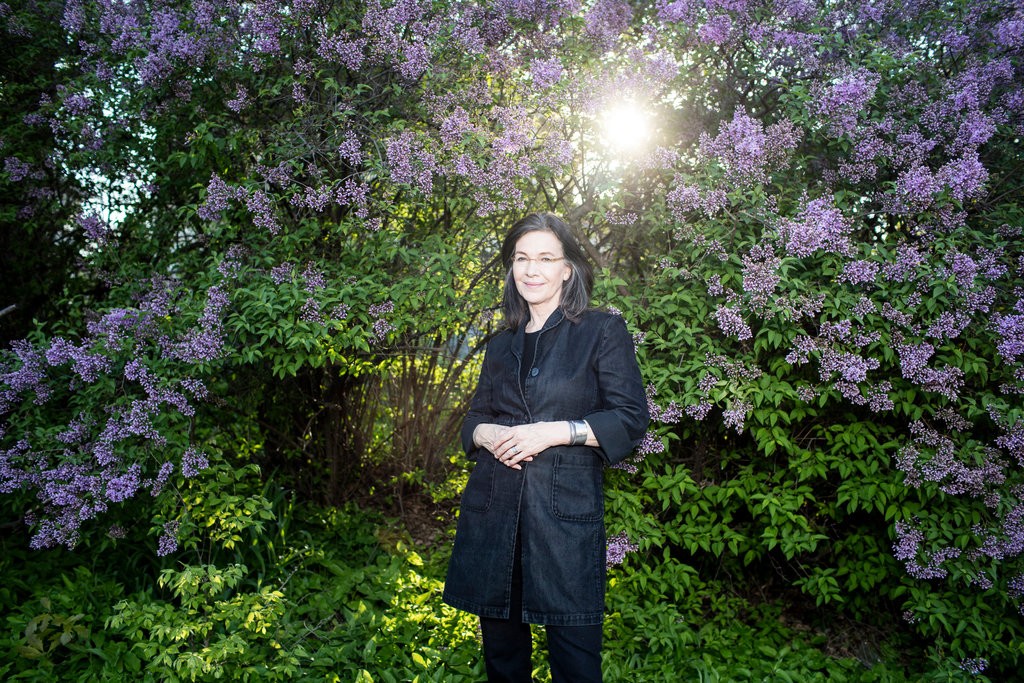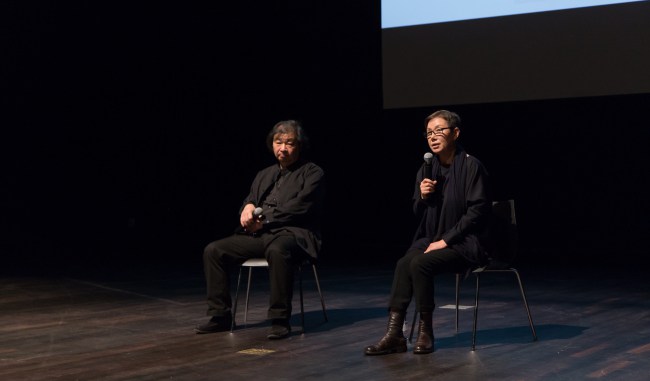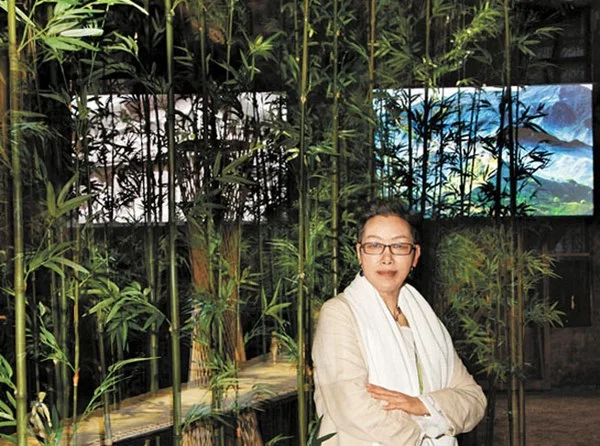Known for her intense visual imagery based in architectural-scale grandeur and meticulous aesthetic sensibility, Jae-Eun Choi’s oeuvre spans diverse disciplines including sculpture, installation, architecture and film. Choi’s work springs from an innovative interpretation of space and the relationship between life and nature and has since expanded its parameters through an experimental approach that combines art and science. She continues to utilize an array of techniques to explore issues of time and existence. In 2016, Choi participated in the 56th Venice Architecture Biennale with her recent project “Dreaming of Earth,” which aims for the eternal and sustainable peace in the Demilitarized Zone in Korea and the reunification of the Korean Peninsula. Jae-Eun Choi’s work is widely collected by the world’s prestigious museums, including Leeum, Samsung Museum of Art, Seoul and National Gallery in Prague, Czech Republic.
Born in Seoul, Korea in 1953, Choi immigrated to Japan in the mid-1970s and has lived there since. In Tokyo, she enrolled in the Sogetsu School, where she studied Ikebana (the traditional Japanese art of flower arrangement) with Hiroshi Teshigahara. Her training there in the spatial relationship of organic forms became the foundation for her visual arts practice. Choi was exposed to a variety of media and styles and it was these early encounters with both Japanese and international artists that eventually led her to look beyond the traditional techniques and practices in which she was trained.
She is represented by:
and
Louise Erdrich

Louise Erdrich is an American author, writer of novels, poetry, and children's books featuring Native American characters and settings. She is an enrolled member of the Turtle Mountain Band of Chippewa Indians, a band of the Anishinaabe (also known as Ojibwe and Chippewa)
Erdrich is widely acclaimed as one of the most significant writers of the second wave of the Native American Renaissance. In 2009, her novel The Plague of Doves was a finalist for the Pulitzer Prize for Fiction and also received an Anisfield-Wolf Book Award. In November 2012, she received the National Book Award for Fiction for her novel The Round House.[4] She was awarded the Library of Congress Prize for American Fiction at the National Book Festival in September, 2015.
She is also the owner of Birchbark Books, a small independent bookstore in Minneapolis that focuses on Native American literature and the Native community in the Twin Cities.
Alan Weisman

Journalist and author Alan Weisman has worked in 58 countries and on all seven continents. His reports have appeared in The New York Times Magazine, The Atlantic Monthly, Harper's, The Los Angeles Times Magazine, Vanity Fair, Mother Jones, Discover, Orion, VICE, Pacific Standard, on National Public Radio, and in many anthologies, including Best American Science Writing. His 2013 book, Countdown: Our Last, Best Hope for a Future on Earth?, won the Los Angeles Times Book Prize, the Paris Book Festival Prize for Nonfiction, and was a finalist for the Books for a Better Life Award and the Orion Book Prize.
His book The World Without Us, an international bestseller now in 35 languages, was named Best Nonfiction Book of 2007 by Time Magazine and Entertainment Weekly, and won the National Library of China’s Wenjin Book Prize. It was also a finalist for the National Book Critics Circle Award, the Rachel Carson Prize, and the Orion Book Prize. His previous books include An Echo In My Blood; Gaviotas: A Village to Reinvent the World; and La Frontera: The United States Border With Mexico. A senior documentary producer for Homelands Productions, he lives in western Massachusetts with his wife, sculptor Beckie Kravetz.

